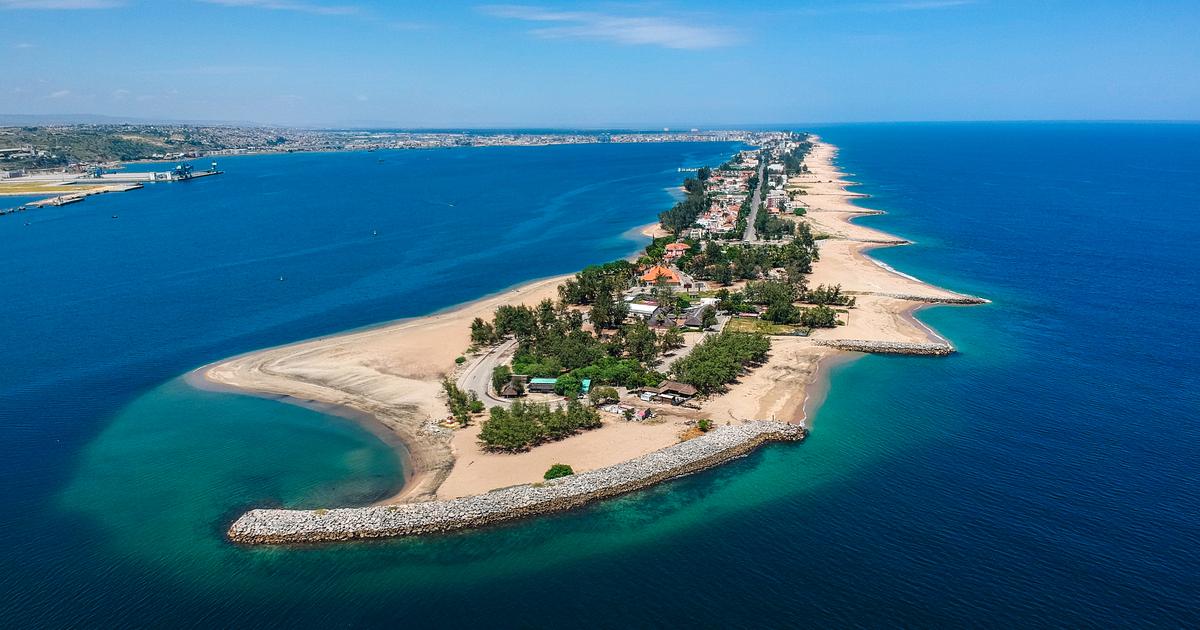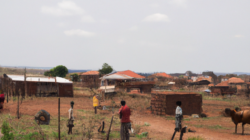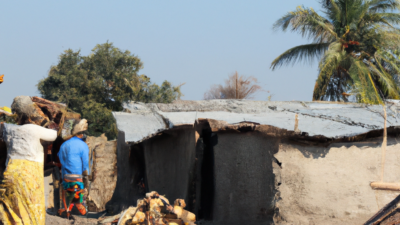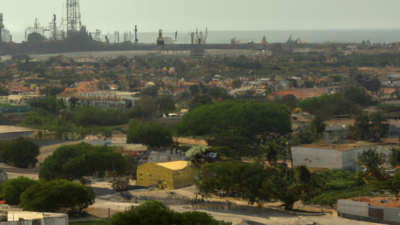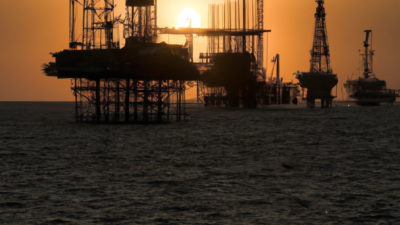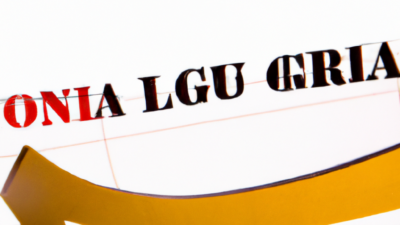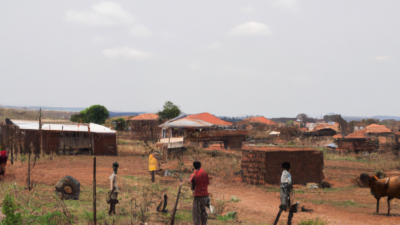Introduction
Angola, a nation rich in natural resources and poised for growth, presents a dynamic economic landscape that has undergone significant transformation over the past few decades. From a history marred by civil conflict to a burgeoning economy, Angola’s journey towards economic development is both complex and promising.
Overview of Angola’s Economic Landscape
Angola, located on the west coast of Southern Africa, boasts a wealth of natural resources that have historically driven its economy. The country’s economic activities are primarily dominated by the oil and gas sector, which accounts for the majority of its GDP and export earnings. Despite this, Angola faces the challenge of diversifying its economy to ensure sustainable and inclusive growth.
Historical Context and Economic Transition
The end of Angola’s civil war in 2002 marked a significant turning point for the nation. The peace agreement paved the way for economic reforms and reconstruction efforts. Initially, Angola experienced rapid growth fueled by its oil reserves. However, this growth has been uneven and has highlighted the need for diversification and structural reforms to address underlying economic vulnerabilities.
Key Economic Sectors
Oil and Gas Industry
The oil and gas industry is the backbone of Angola’s economy, contributing to over 90% of its export revenues. Major international oil companies operate in Angola, making it one of Africa’s leading oil producers. However, reliance on this sector has exposed the economy to volatile oil prices, necessitating efforts to stabilize and diversify income sources.
Agricultural Development
Agriculture, once a mainstay of the Angolan economy, is being revitalized to reduce dependence on oil. The government is investing in agricultural infrastructure, modern farming techniques, and rural development programs. Key crops include maize, cassava, and coffee, with significant potential for expanding agro-industries.
Mining and Natural Resources
Beyond oil, Angola is rich in other natural resources such as diamonds, gold, and iron ore. The mining sector offers considerable opportunities for economic diversification. Investments in mining infrastructure and regulatory reforms are aimed at attracting more investors and increasing the sector’s contribution to the national economy.
Infrastructure and Investment
Infrastructure Projects and Modernization
Infrastructure development is critical for Angola’s economic growth. Major projects include the construction of roads, railways, ports, and energy facilities. These projects aim to improve connectivity, reduce transportation costs, and enhance the overall business environment.
Foreign Direct Investment (FDI) Trends
Angola has become an attractive destination for foreign direct investment, particularly in the oil, mining, and infrastructure sectors. The government has implemented policies to create a more favorable investment climate, including legal reforms and investment incentives. However, challenges such as bureaucratic hurdles and corruption remain.
Public-Private Partnerships (PPPs)
Public-private partnerships are playing a crucial role in Angola’s infrastructure development. These collaborations between the government and private sector are essential for financing and managing large-scale projects. Successful PPPs have been seen in sectors like energy, transportation, and telecommunications.
Social and Economic Challenges
Poverty and Inequality
Despite economic growth, poverty and inequality remain significant challenges in Angola. A large portion of the population lives below the poverty line, with limited access to basic services. Addressing these disparities is crucial for sustainable development and social stability.
Unemployment Rates and Labor Market Dynamics
High unemployment rates, particularly among the youth, pose a serious threat to Angola’s social fabric. The labor market is characterized by a mismatch between skills and job opportunities. Initiatives to enhance vocational training and education are essential to equip the workforce with the skills needed for a diversified economy.
Education and Skill Development
Improving education and skill development is vital for Angola’s economic future. Investments in educational infrastructure, teacher training, and curriculum reforms are needed to create a more skilled and adaptable workforce. Emphasis on STEM education and technical skills can drive innovation and productivity.
Government Policies and Reforms
Economic Diversification Strategies
Diversifying the economy away from oil dependence is a central theme in Angola’s economic policies. The government is focusing on sectors like agriculture, manufacturing, and tourism to create new revenue streams and employment opportunities.
Regulatory and Policy Reforms
Regulatory reforms are being implemented to improve the business environment and attract investments. Simplifying business registration processes, enhancing property rights, and improving contract enforcement are some of the measures being taken to foster economic growth.
Anti-Corruption Measures
Corruption has been a major impediment to Angola’s development. The government is committed to anti-corruption measures, including strengthening institutions, enhancing transparency, and prosecuting corrupt practices. These efforts are critical for building investor confidence and ensuring equitable economic growth.
Future Prospects and Strategic Vision
Long-term Economic Plans and Vision 2050
Angola’s long-term economic plans, encapsulated in Vision 2050, aim to transform the country into a diversified and sustainable economy. This vision includes ambitious goals for infrastructure development, human capital enhancement, and technological innovation.
Potential for Sustainable Development
Sustainable development is at the core of Angola’s future economic strategies. Emphasizing renewable energy, sustainable agriculture, and responsible mining practices can help balance economic growth with environmental protection and social equity.
Regional and International Economic Integration
Angola is actively pursuing regional and international economic integration to boost trade and investment. Membership in organizations like the Southern African Development Community (SADC) and partnerships with global economic entities are key to expanding market access and economic opportunities.
Sources
- International Monetary Fund (IMF)
- World Bank
- Angolan Ministry of Finance
- United Nations Development Programme (UNDP)
- Southern African Development Community (SADC)
- African Development Bank (AfDB)

